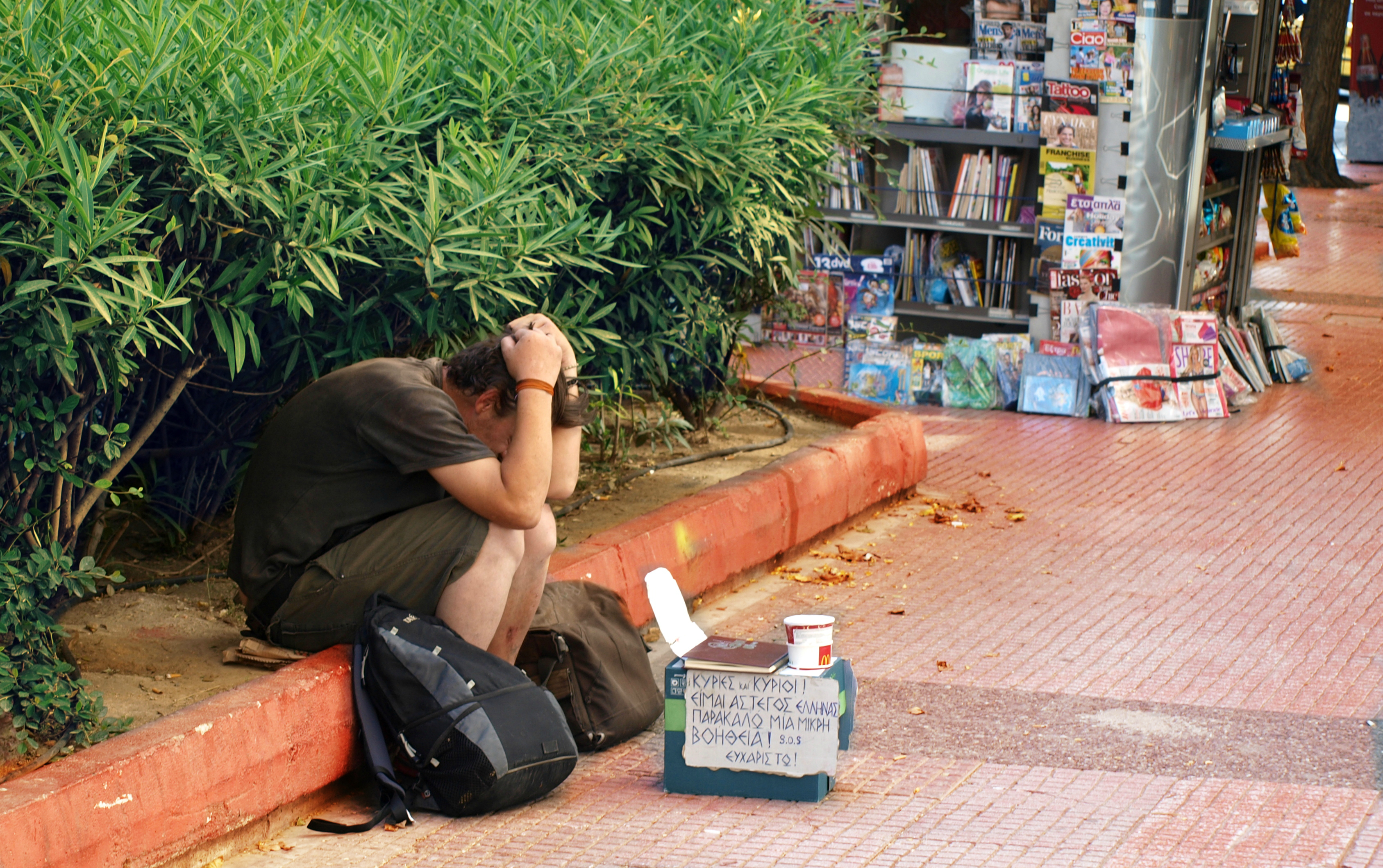Change on the horizon for social rights?
Published on EurActiv, 17 October 2017
Every 17 October, people across the globe come together to mark the International Day for the Eradication of Poverty. This year’s theme is “Answering the call to end poverty: A path towards peaceful and inclusive societies”, which is especially relevant to young people since inequality is their number one concern.
We ask: can the European Union help deliver on this goal through the proposed European Pillar of Social Rights? From the perspective of Social Platform and the European Youth Forum, our society is currently a long way from being ‘inclusive and peaceful’.
Some 24% of the EU population is experiencing poverty and social exclusion, with young people being particularly affected. Despite signs of an economic recovery, inequality is at an all-time high.
More and more people feel left behind, and it’s harder and harder for young people to get a foothold in the labour market. It means young people – who have had enough of hearing that they will end up worse off than their parents – have to rely on financial support from their families well into their 20s or 30s.
For those whose families can’t afford that support, the risk of absolute poverty and homelessness is all too real. Couple this with the rise of nationalist politics and anti-EU rhetoric and it’s easy to see why, now more than ever, we need to answer the call to end poverty.
Hopefully our political leaders are waking up to this reality. There seems to be a growing recognition that social cohesion is a prerequisite for building socially and economically prosperous societies. This is very clearly articulated in the UN Agenda 2030 for Sustainable Development for example.
We’ve also seen a huge shift in the rhetoric of international financial institutions who now acknowledge our democracies and economic systems have to be underpinned by social investment. But what role is there for the EU?
On the 2017 International Day for the Eradication of Poverty we begin the one-month countdown to the Social Summit in Gothenburg when EU leaders and Heads of State and Government gather to discuss the social dimension of Europe.
On this occasion the European Commission proposal on the Social Pillar will be ‘proclaimed’, marking high-level political commitment to strengthen social cohesion across the EU.
While we applaud efforts by the Swedish Prime Minister and President Juncker to give Europe’s social dimension the political visibility it deserves, it will only make a difference to people’s lives if it is followed up by action.
We need real change: new and better legislation, more attention to the social in macro-economic governance, and funding. This is why we have joined together to launch our month-long social rights campaign.
During the countdown to the Social Summit, we will put forward our vision for a fairer and more inclusive Europe, and envisage how to make the goals of the Social Pillar a reality for all.
In terms of legislation, the proposal on a Work-Life Balance Directive is a promising step.
If crafted well and properly implemented it will help achieve gender equality goals, while also sending a strong message on the importance of supporting informal care in the family and the community. But we are also calling for a Directive on adequate minimum income.
In such a rich continent, it is unacceptable that people have insufficient financial means to live a life in dignity. And while we’re all in favour of helping everybody who can work into a job, we need to acknowledge that employment is not a solution for everyone.
For example, young people are the most educated and technology-savvy generation in history, yet they face the risk of experiencing only the challenges of the digital economy, without any kind of social protection.
Young people cannot be the “Deliveroo generation.” Our societies will be judged on how we treat those who are most vulnerable. Besides legislation, the EU can also do a great deal better in how it supports Member States to achieve social progress.
The Social Scoreboard is a step in the right direction, but more can be done to help benchmarking, peer-learning and monitoring progress. For example, wages and benefits can be monitored in terms of adequacy and coverage, social and healthcare services in terms of quality, accessibility, affordability and availability.
This will help ensure the social value of these standards is taken into account, rather than simply their efficiency and cost-effectiveness. Finally, if the EU is serious about tackling its social deficit, funding must be available.
We know that, under the shadow of Brexit, agreeing the next multi-annual financial framework and yearly budget will be fraught with difficulty. But funding needs to reflect the core values of the EU, and equality and human rights are the foundation on which the EU is built.
It is essential that cohesion policy remains central to what the EU does, and within that, the EU has to do its utmost to help Member States deliver on the principles set out in the Social Pillar.
Change will only be achieved if we work together, and as civil society networks with members
advocating for human rights and equality throughout the EU we are ready to play our part.
This year’s International Day for the Eradication of Poverty calls on “individuals, communities,
organisations and countries to […] show how poverty can be overcome when people join together in efforts to uphold the rights of all”. Let this year be the year that social inclusion and eradication of poverty really takes its deserved place in shaping the future of Europe.
The Social Pillar may be the turning point if it mobilises the political will and stakeholders across the public and private sphere to finally make social Europe a reality.














































